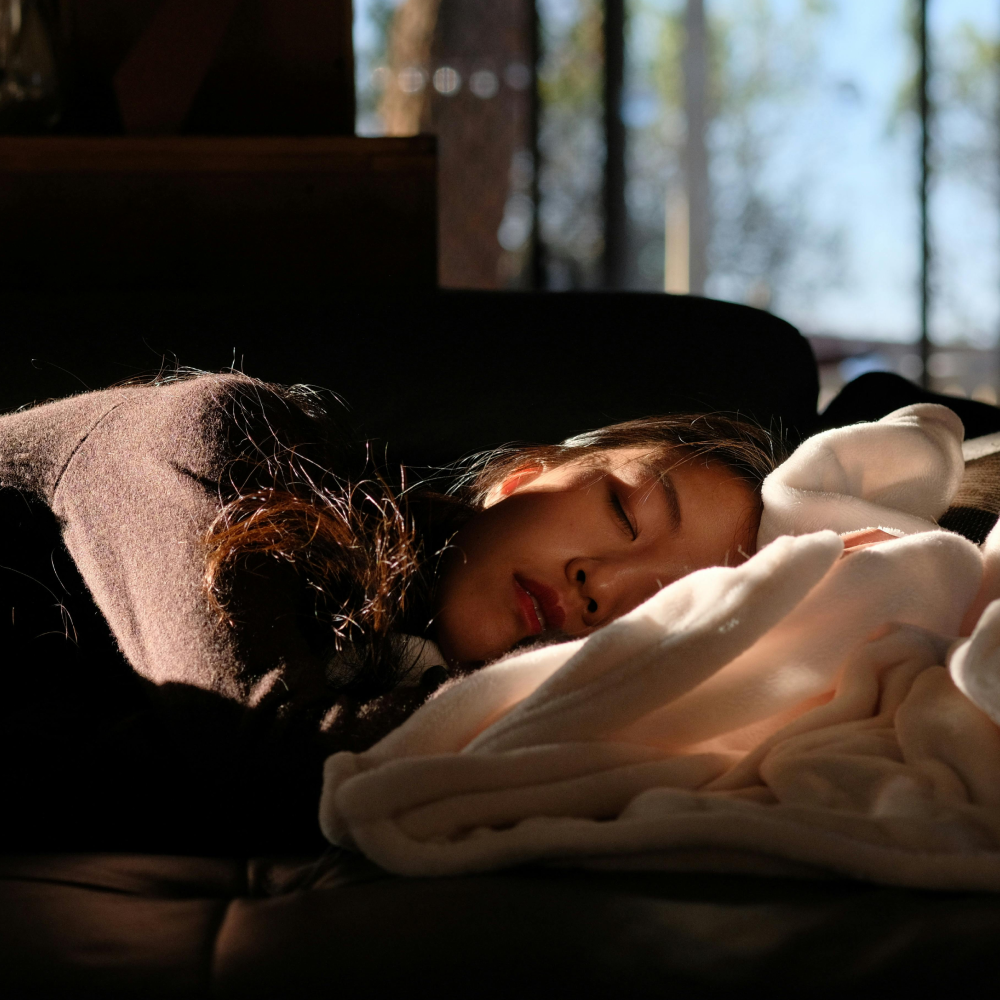
We know that sleep is essential for our brain and body to function at its best, allowing our body to regenerate and repair itself, getting us ready for the next day. But have you ever wondered, if we drift in and out of our sleep, when does the recovery aspect of our sleep actually happen?
You may have heard of the Rapid Eye Movement (REM) stage of sleep, but that’s only the last phase of sleep. Let’s go through the 4 stages of sleep and see what happens in each of them.
Stages 1-3: Non-REM sleep
1. Your eyes are closed and everything from your eye activity, muscle movement and breathing slows down. Occasionally, you will feel like you’re starting to fall and jerk – this is what we call the hypnic jerk. This stage usually lasts for 5-10 minutes, and it will be easy to wake you up at this point.
2. You start entering light sleep, your muscles start to relax and your temperature drops. This can last up to 30 minutes.
3. You start entering deep sleep. If anyone tries to wake you up at this point, you’ll wake up feeling disoriented. This is also when your body starts the process of repairing itself, build muscle and strengthens the immune system.
Stage 4: REM sleep
The final stage of sleep happens 1.5 hours after you fall asleep. At this point, you may experience a quickening of breathing and heart rate as you dream sometimes intense dreams. While it may be surprising, your sleep here is not as deep as in stage 3 due to increased brain activity. Nonetheless, your brain will immobilize your body to prevent you from acting out your dream, which is why you may feel that you can’t move. If you do drift in and out of REM, you could become conscious of your inability to move in what experts call sleep paralysis. Still, the REM is an important stage which helps with emotion processing and memory and information consolidation.
Everyday, your body progresses through the 4 stages of the sleep cycle to not only help your body repair itself, but help your brain better carry out its function of storing memories and information, which ultimately helps you to function better the next day. This is why it is important for you to get at least 7 to 8 hours of sleep everyday, just so that you can reap the benefits of the entire sleep cycle!




